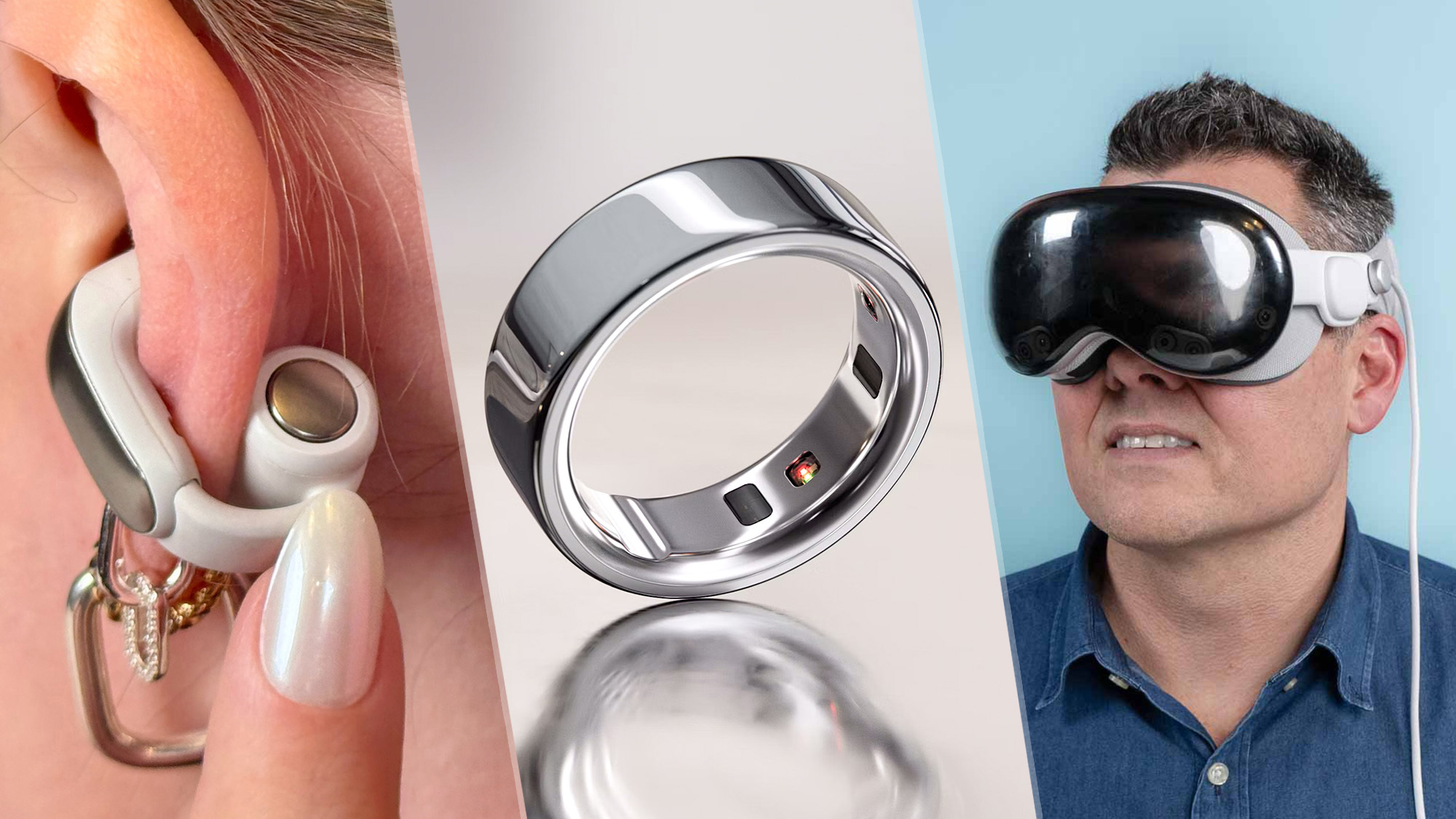
As the year comes to a close, it’s a good time to reflect on all the major moments and milestones that occurred in the consumer technology industry in the past 12 months. From mesmerizing displays and memorable debacles to excellent new products and everything artificial intelligence, 2024 delivered no shortage of intrigue — mostly for the better, a little bit for the worse.
The majority of entries below impressed the Tom’s Guide team on the basis of innovation. Whether it’s an all-new device, far-off concept, or our favorite — a meaningful update to something people many already own — everything you’ll find below left an impact on our editors this year. Obviously, we also had to honor a momentous fail or two.
See Tom’s Guide list of the biggest tech moments of 2024 below.
25. LG’s $60,000 Transparent OLED TV makes its debut

Kicking off our countdown is, fittingly, one of the first big tech announcements we saw in 2024. Unveiled at CES, LG’s 77-inch Transparent OLED TV was nothing short of a showstopper thanks to its “mind-boggling” see-through display. What’s special about this TV — besides the obvious — is that LG developed a UI specifically for the Signature OLED T that makes the apps look like they’re floating in thin air. Spoiler, it’s not the only transparent display that made this list, but it is the only one you can actually buy. It just went on sale for $60,000, which almost seems like a bargain compared to the $100,000 rollable OLED TV from a few years ago.
24. Huawei’s tri-fold Mate XT gives a glimpse of foldable future
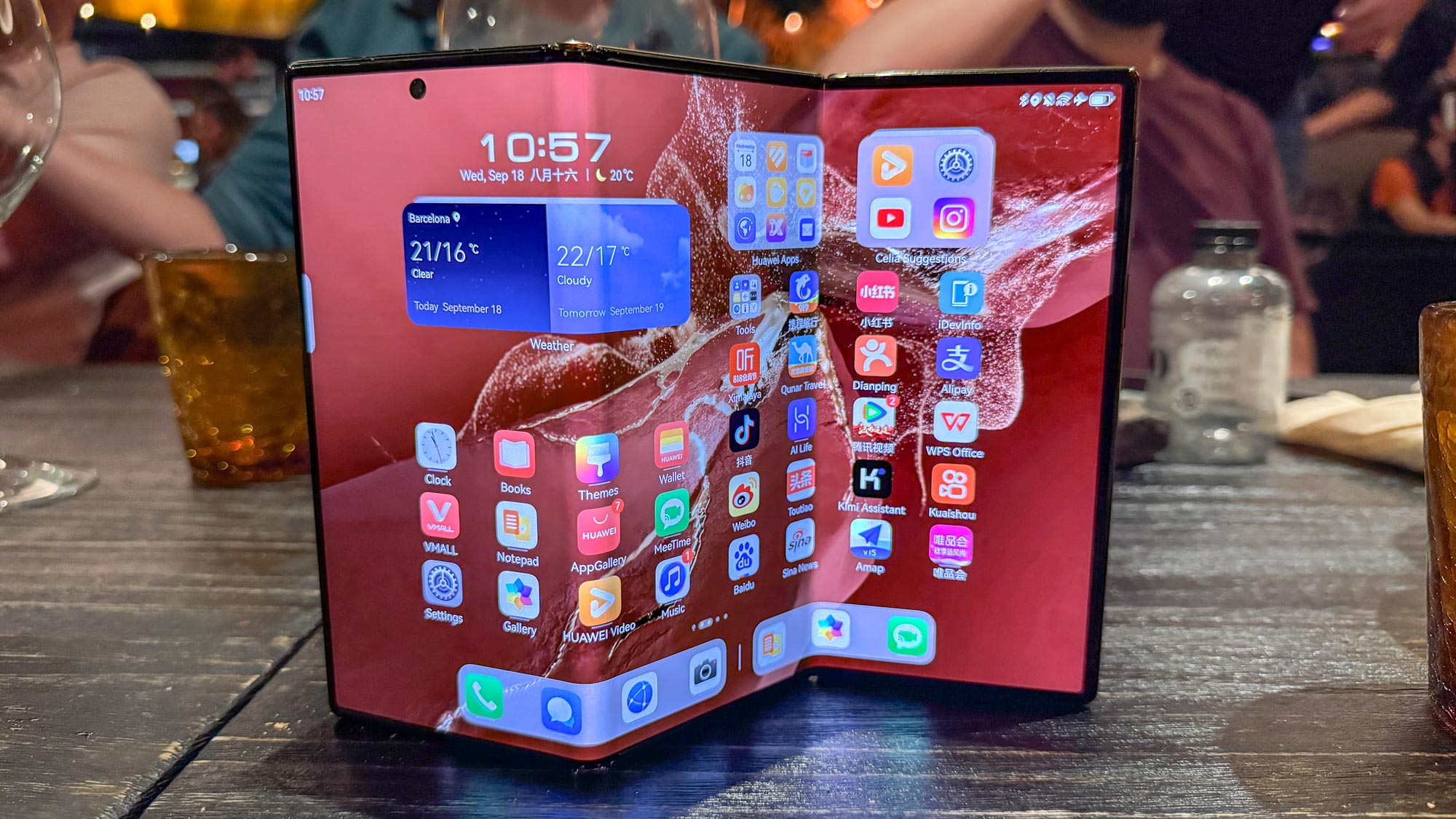
There’s one word to describe the Huawei Mate XT: Amazing. As the first commercially-available tri-folding smartphone, it makes the likes of the Galaxy Z Fold 6 and Google Pixel 9 Pro Fold (and any of the best foldables, really) look totally boring. It opens like an accordion to a massive 10.2-inch display with a tablet-like ratio that’ll grab any on-looker's attention. That said, if you're getting convinced that this phone is the one for you, know that it costs about $2,800 when converted from the Chinese price. We’d position it as a novelty in the current market, but it does prove the tri-folding future is possible.
23. Bose Ultra Open Earbuds blow us away
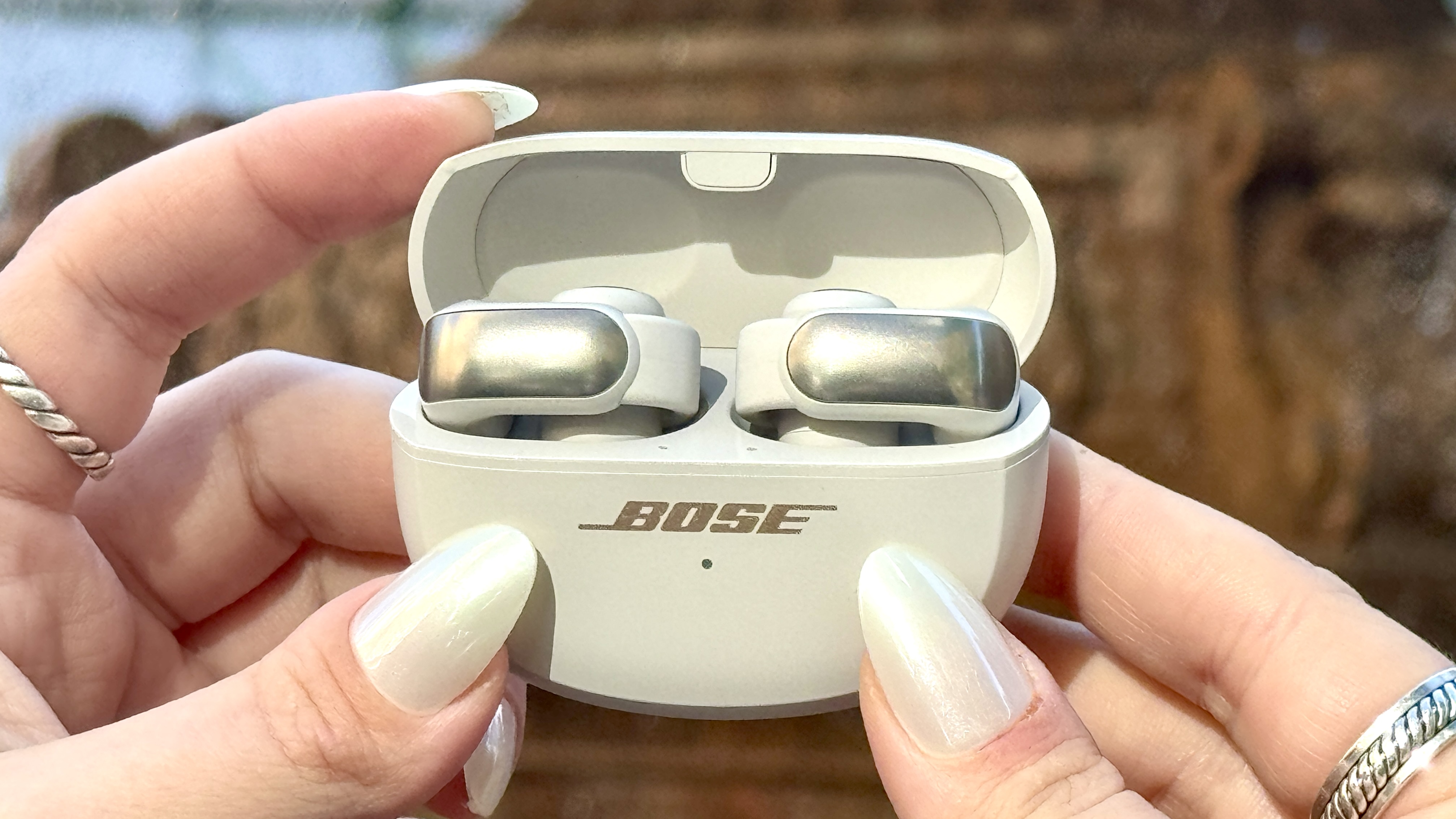
Sometimes, an unassuming product winds up being one of the most impressive. When the Bose Ultra Open Earbuds first launched, we rated them highly in our review, and audiences were eager to know more after watching our YouTube video. But then the product racked up a roster of celebrity endorsements and designer collaborations that delivered the bejeweled earbuds of our dreams. Otherwise, our global editor-in-chief called the Bose Open Ultra Earbuds his favorite earbuds of the year, and I liked them so much, I considered exchanging my AirPods Pro 2. The comfortable, barely-there fit paired with the ability to listen to music while staying aware of your surroundings make these great for runners and commuters alike.Simply put, this was a product launch that left an impact.
22. What is the best phone for capturing a solar eclipse?
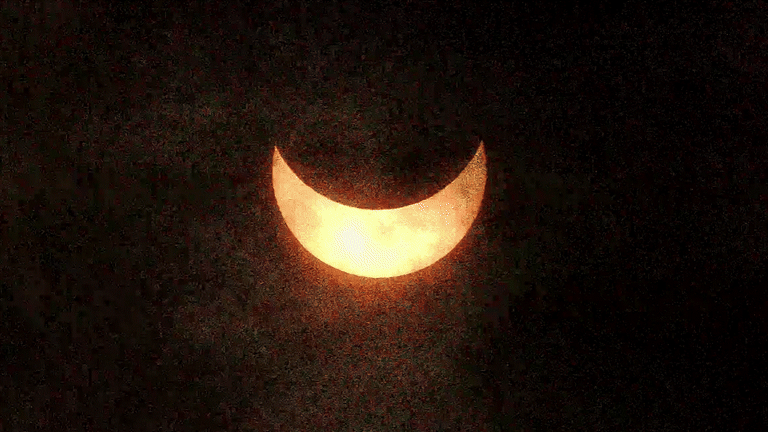
Our resident phone photography expert and astrophotography aficionado, John Velasco, used the historical solar eclipse as an opportunity to test which of the best phones is best equipped for capturing extra-planetary content. He tested the iPhone 15 Pro vs Galaxy S24 Ultra vs Pixel 8 Pro vs OnePlus 12, and found that Samsung’s flagship provided clearer processing at longer zoom ranges than the rest. Luckily, the other phonemakers have until 2044 (when the next total solar eclipse is expected to cross the United States) to figure out how to gain an edge in far-off photos as the best camera phone overall.
21. RCS messaging misses the mark
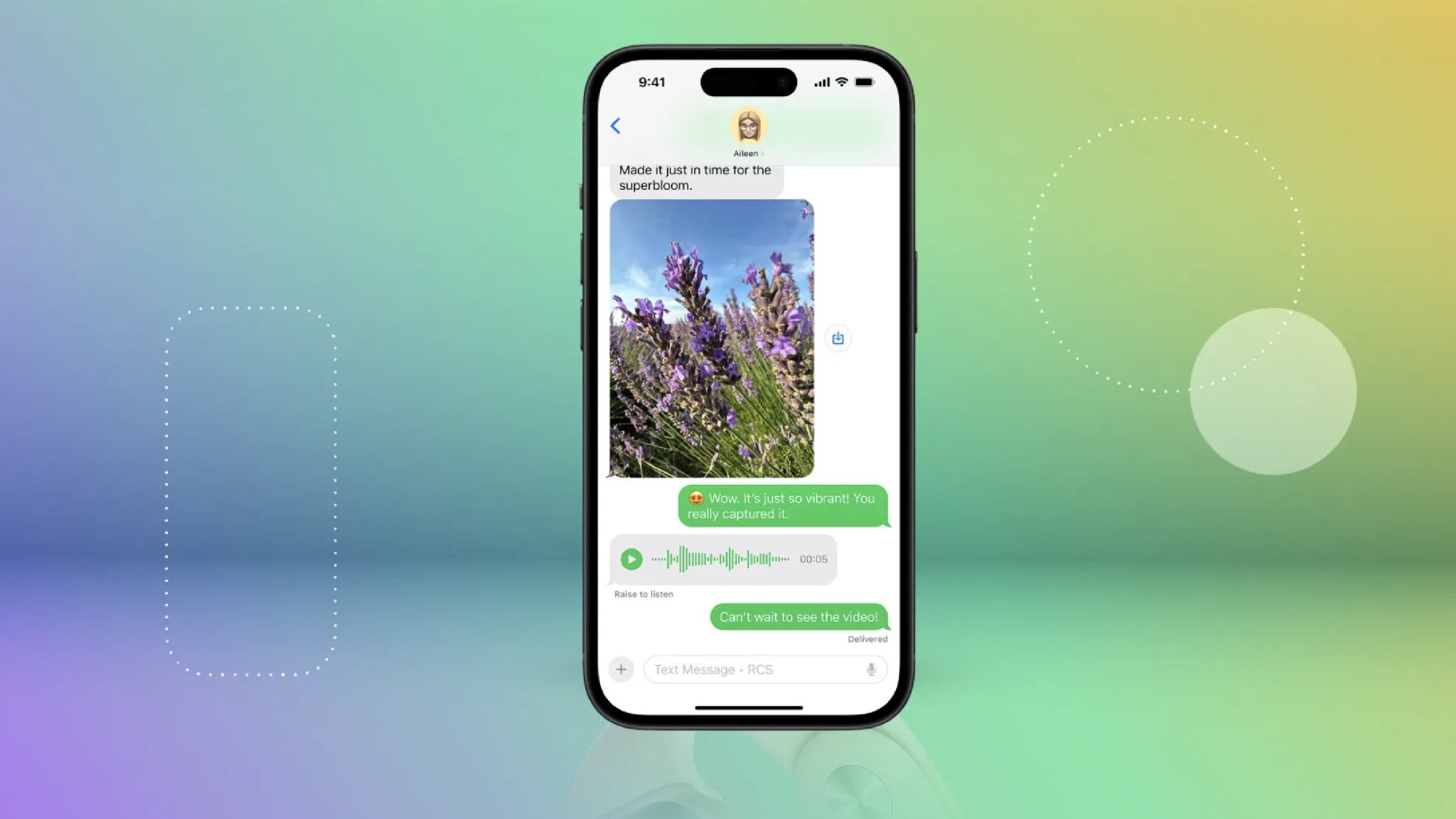
After years of facing demand to democratize messaging, Apple finally adopted RCS messaging as part of iOS 18. Once updated to the current iPhone software, your Apple phone can finally send high-quality pictures and videos, show typing indicators and include read receipts among other previously unavailable features for iPhone-to-Android texting. Sounds convenient, right? Well, it’s too bad the FBI has warned against the lack of end-to-end encryption, encouraging users to avoid RCS for now. Something that was supposed to be good for everyone wasn’t executed properly, but here’s hoping a solution isn’t too far off.
20. Samsung Frame TV finally meets it match(es)
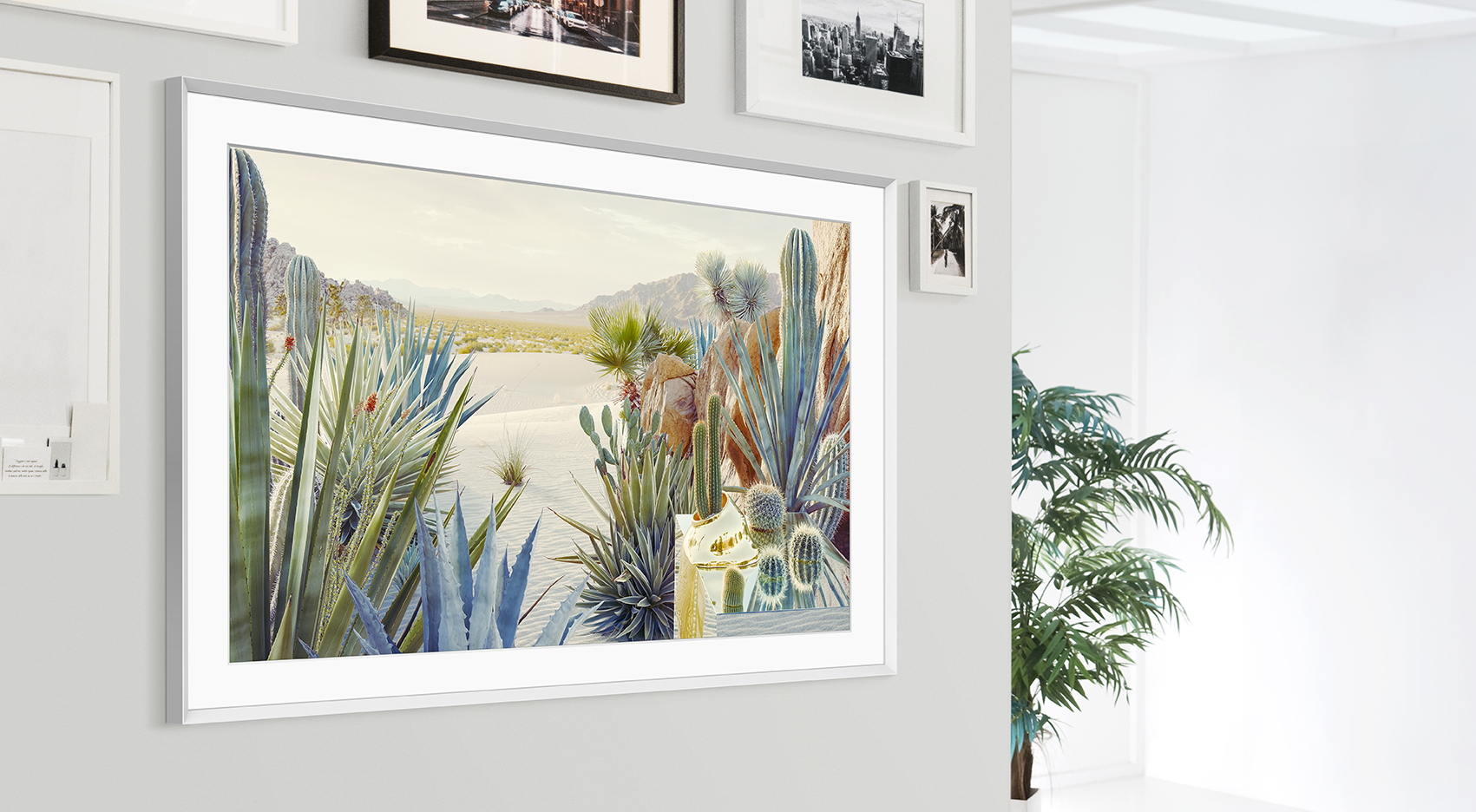
The Samsung Frame TV has enjoyed several years as one of the only successful “lifestyle” TVs on the market, establishing itself as a must-have item among home aesthetic enthusiasts. People coveted the Frame so much, they started coming up with DIY solutions that went easier on the wallet. Now, we’re not sure what took so long, but true alternatives finally arrived this year in the form of the Hisense Canvas TV and TCL Nxtframe TV. From what we can tell, Samsung will maintain an edge from a quality perspective, but the lower prices of the Hisense and TCL options will no doubt steal away some prospective customers. We’re expecting these higher stakes to shake up our best TVs list going into 2025.
19. Gaming handhelds go mainstream
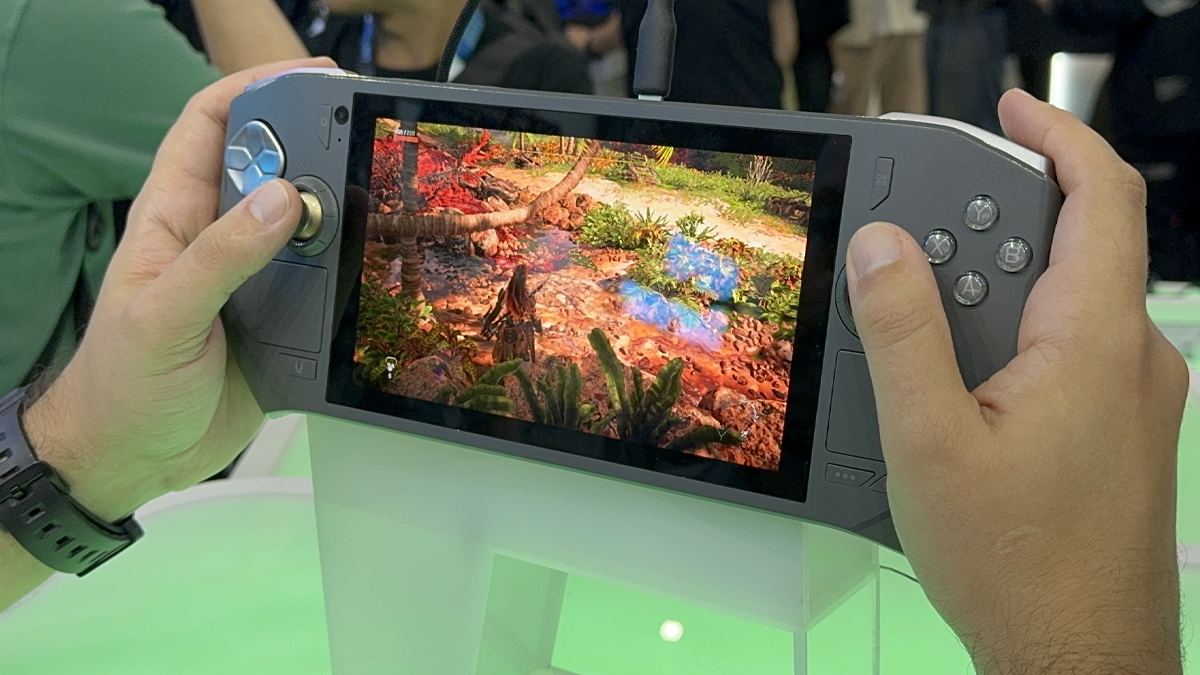
2024 welcomed the next wave of handheld gaming consoles, casting the Nintendo Switch aside in exchange for powerful portable gaming PCs. From the Asus ROG Ally X to the Steam Deck OLED to the MSI Claw to the Zotac Zone, the handheld gaming market witnessed a marathon of announcements that we know for a fact won’t be slowing down anytime soon. It’s obvious that PC gamers want a way to play demanding games away from their desks, so we’re excited to see how these handheld PCs continue to raise the stakes. Will it be with a concept like Acer’s Project DualPlay, or will the long-awaited Nintendo Switch 2 cool down the competition?
18. Ninja appliances fly off the shelves
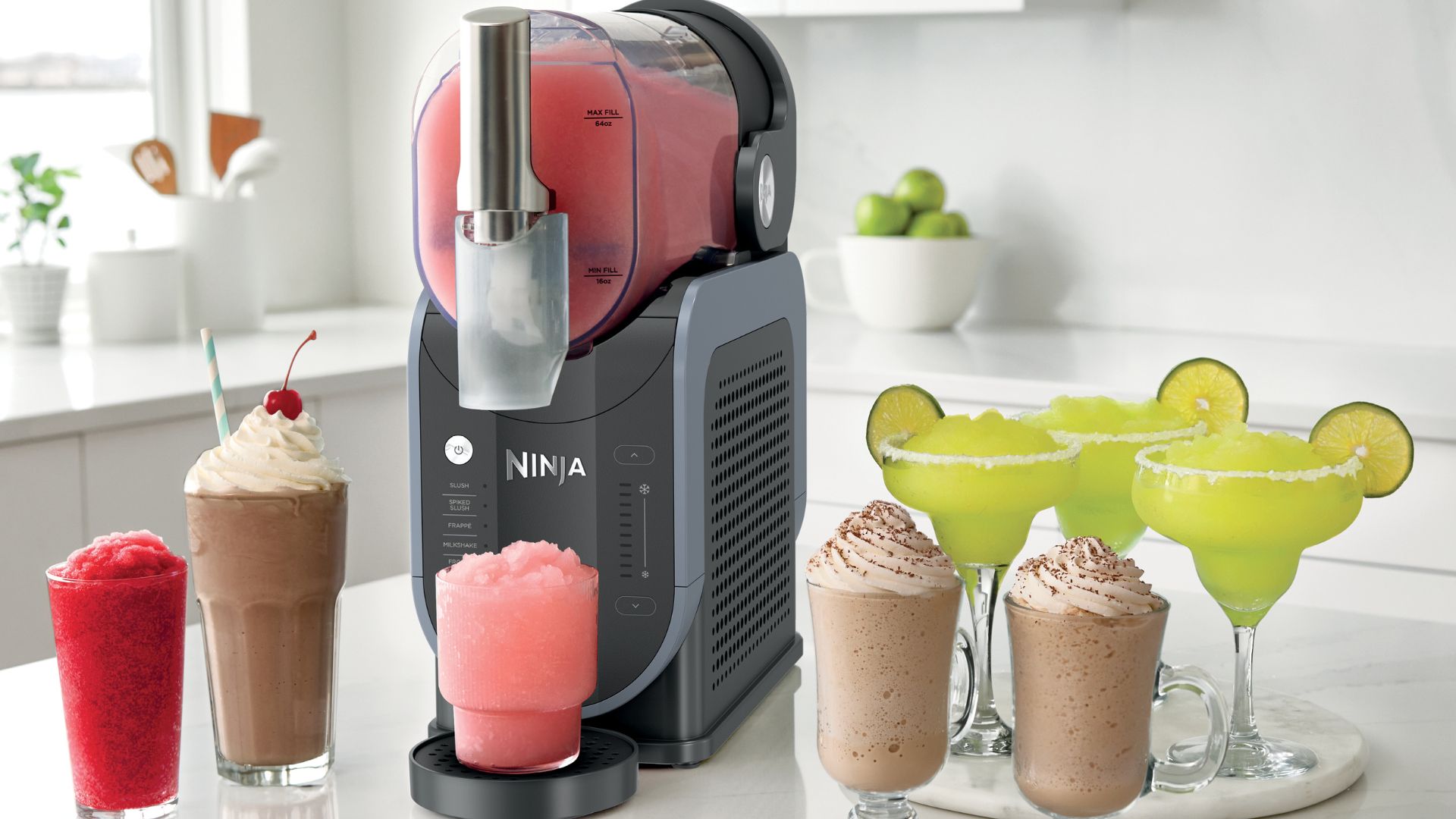
If there’s one brand that had a phenomenal year, it’s Ninja. After social media made the Ninja Creami the internet’s hottest item, it seems like every Ninja product launch was an instant hit. The Ninja Slushi sold out immediately, while the Ninja Luxe Cafe became this season’s go-to holiday gift. We were also reminded that Ninja makes the air-fryers to beat with the portable Ninja Crispi, and even the recent launch of an insulted travel tumbler is seeing outrageous demand. At this point, it seems like anything with Ninja’s name on it will sell, although we hope that doesn’t cause a compromise in quality. We’ll be keeping a close eye on what’s sure to be an exciting slate of appliance launches in 2025.
17. Disney+ app finally merges Hulu and ESPN+
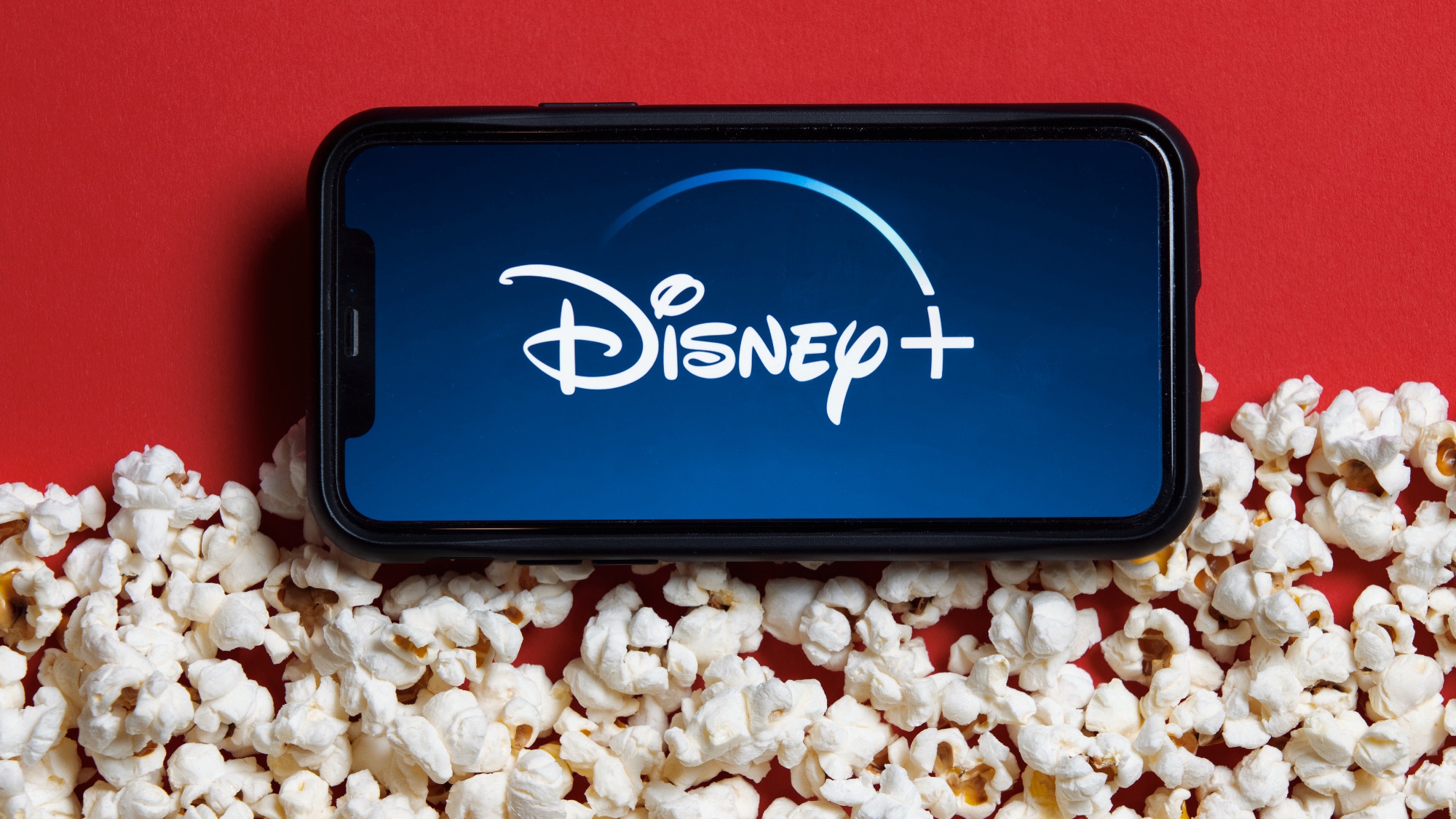
We all saw it coming, but that didn’t make it any less of a big moment for streaming. As of this year, Disney Plus, Hulu and ESPN+ brought together the best of their entertainment offerings into a single interface. This new app experience merged the diverse content libraries into a single destination, creating one steaming super-app with a massive collection of things to watch. No longer is Disney+ just for watching animated movie musicals — you can switch between live games on ESPN, the latest season of The Bear, and the entire Marvel Universe with ease. The bundle offering that combined Max took things a step further by welcoming the likes of House of The Dragon and the Harry Potter saga into the mix, although it’s getting increasingly difficult to endure the price hikes. Who else misses the days when Disney+ cost $6.99 without ads?
16. RIP Fitbit watches, so long fitbit.com
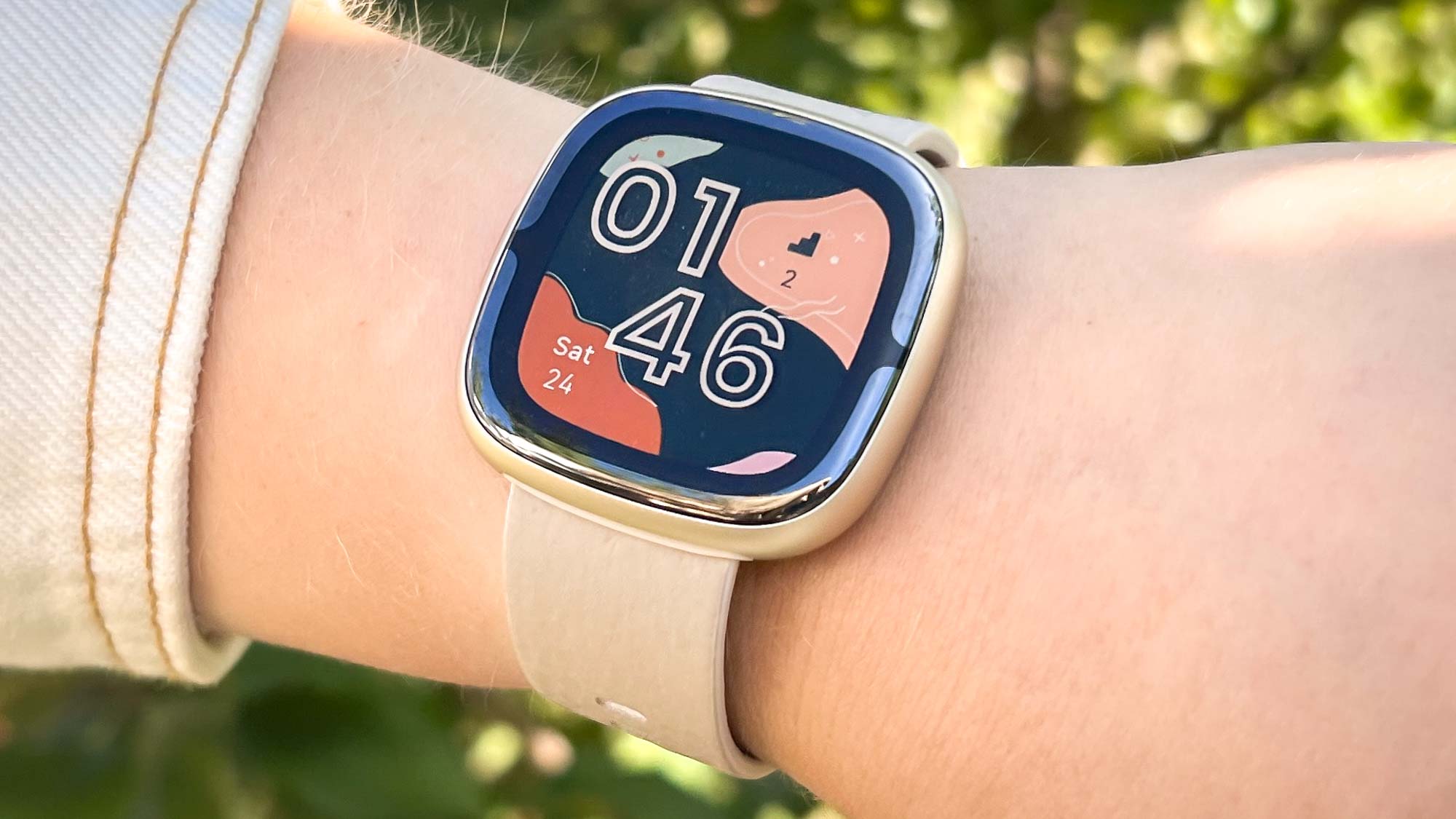
Another case where the writing was on the wall: Google’s strategic dismantling of all things Fitbit. This saga begins back with the debut Pixel Watch, launched shortly after a pair of buggy Fitbit watches that would unknowingly be the brand’s last. Google finally admitted that it would no longer develop or sell Fitbit watches over the summer during the Made By Google event, pushing customers to instead get the Pixel Watch 3 or opt for either of the Fitbit activity bands that are sticking around (for now.) Then, a few months later, the company announced Fitbit.com would be shutting down. It made many of our editors nostalgic for Fitbit’s golden days, which inspired one of them to make a list of the best Fitbit alternatives to shop in the light of the news.
15. Kindle sees color for the first time
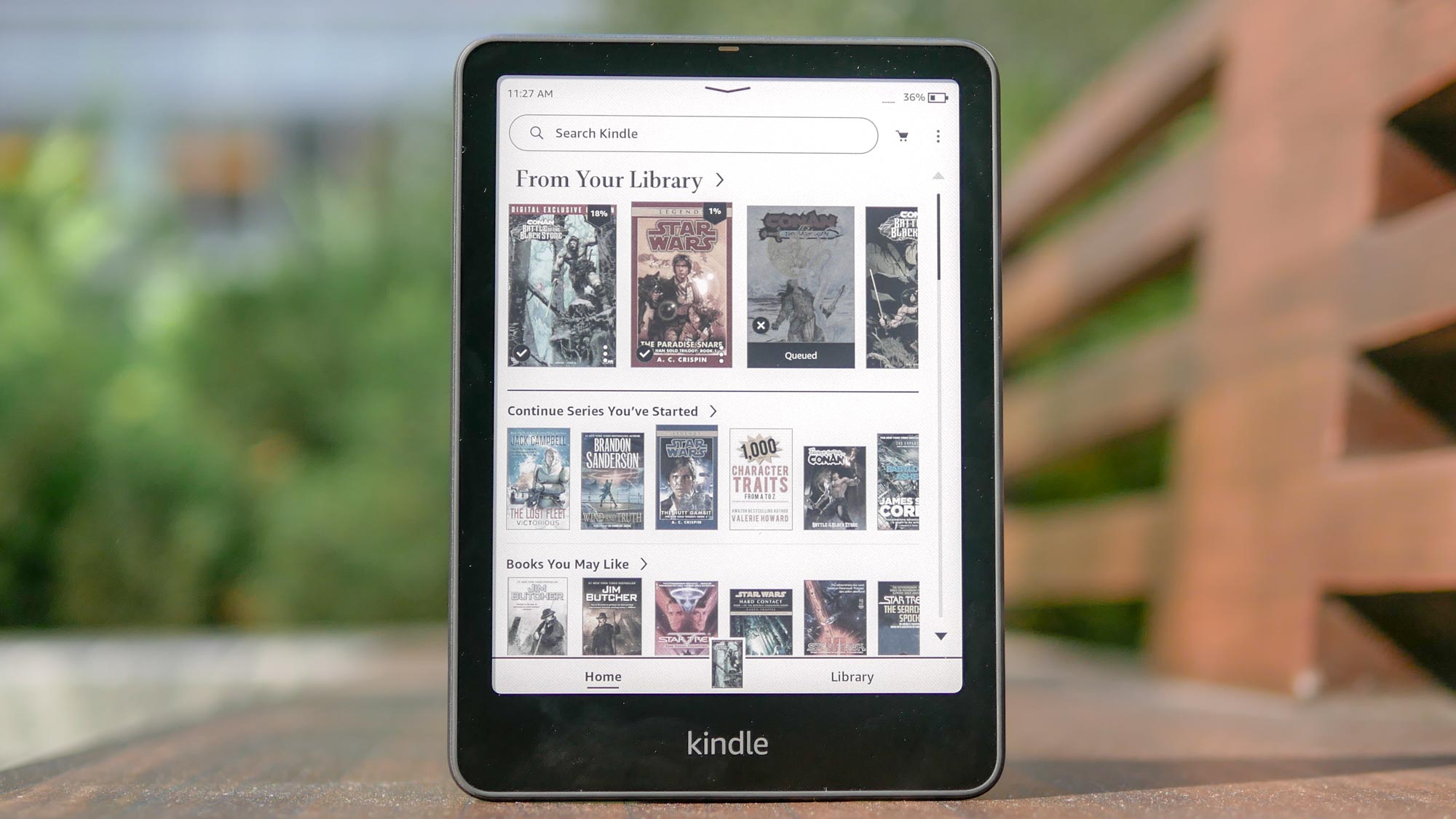
It only took 17 years, but there’s finally a Kindle with a color display. While the launch of the Kindle Colorsoft clearly made long-time Kindle fans excited, many people were quick to point out that other e-reader companies offer a similar solution for nearly half the price. Still, our TikTok revealing the Kindle Colorsoft received 1.3 million views, and despite some reported screen issues in the early days, one of our editors said it’s the Kindle he’s been waiting for. Whether it’s for enjoying cover art or flipping through comic books, it’s perhaps the most exciting product launch for the Amazon-owned brand to date. Hopefully it’s not too long until there’s a version of the Colorsoft that’s less than $280, though.
14. The ups and downs of Sonos
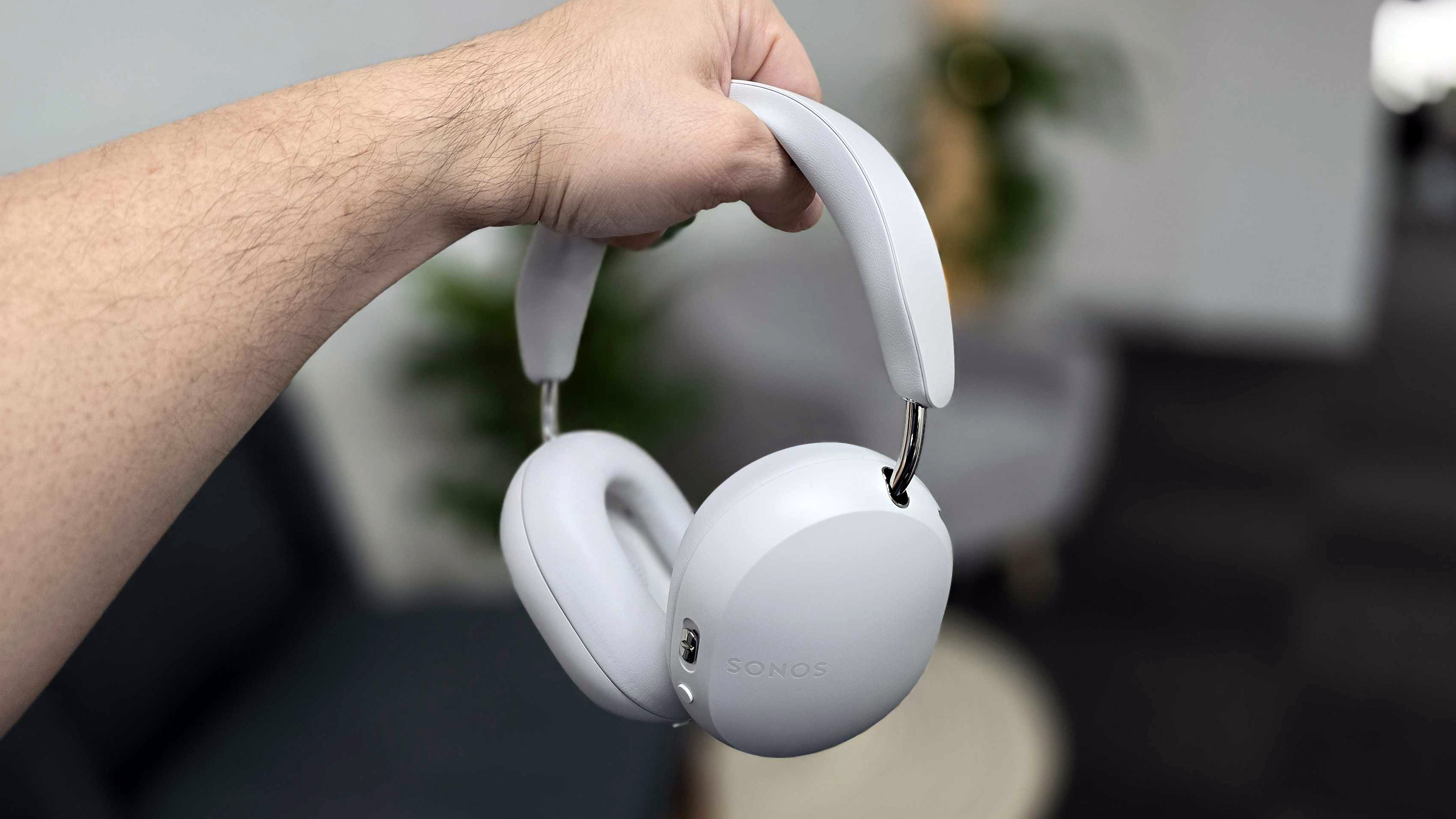
What a tumultuous year it’s been for Sonos. The top smart home audio brand saw unprecedented backlash from even its most loyal customers regarding major app changes. At one point, the app was rendered pretty much unusable. It was left to the hardware half of the business to do damage control, and it certainly helped. Between the 5-star Sonos Arc Ultra soundbar and sleek Sonos Ace headphones, Sonos saw some very impressive wins on the product side in 2024 that distracted from the app issues. Besides, the app has since been mostly fixed, and it’s hard to imagine the company will make any drastic decisions on the software end again after this year’s fiasco.
13. Google’s Project Astra teases imminent smart glasses
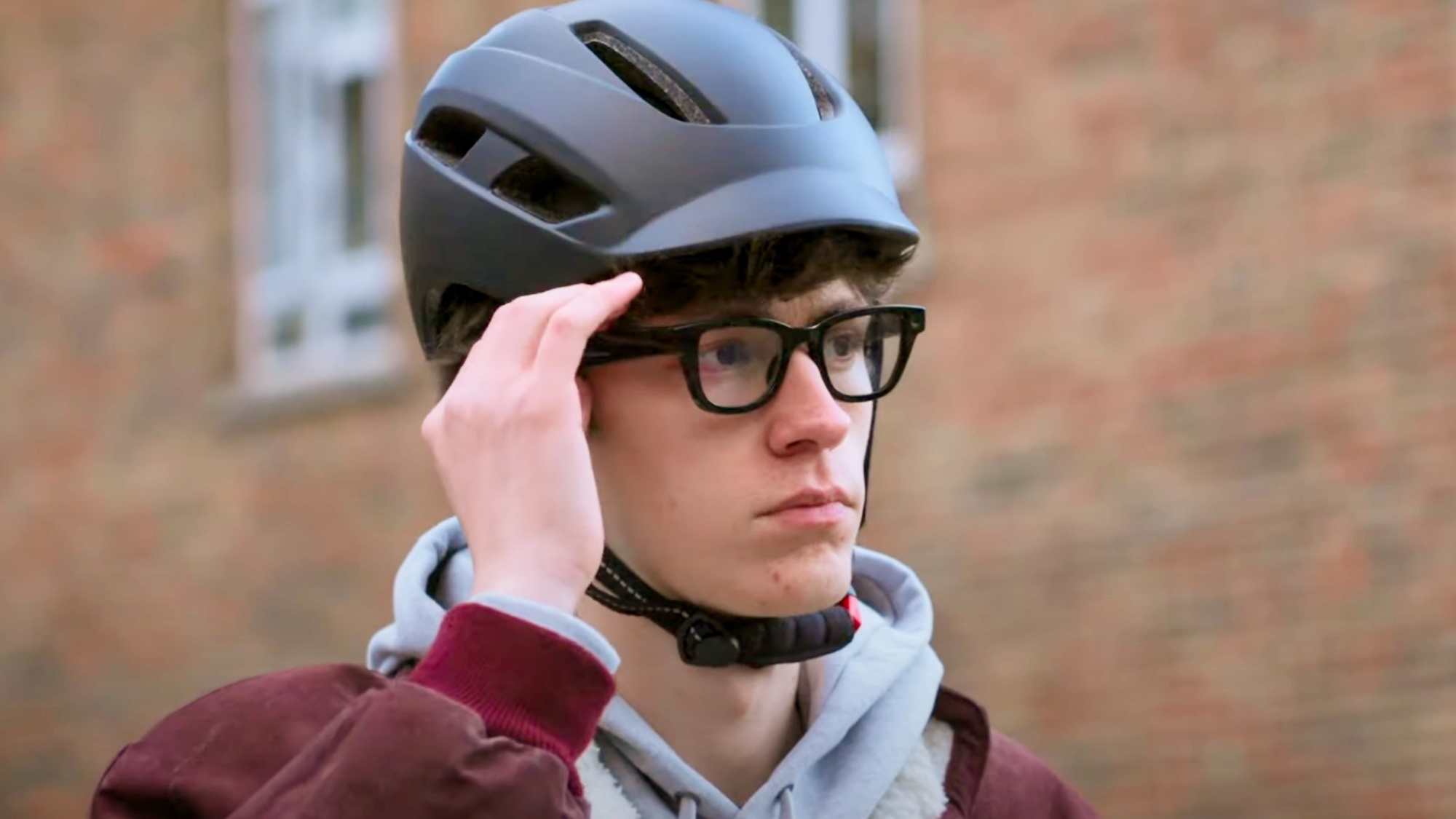
Smart glasses are having a big moment, with the Ray-Ban Meta Glasses finally catching on in the mainstream this year (more on that a few entries down.) Yet I’ve still observed some hesitation among customers around the security of Meta products — and that’s why Google’s Project Astra is so tantalizing. During Google I/O, Google showed off vision-based AI that can interact in real-time to identify objects, presumably through a pair of smart glasses. We very recently got another teaser of Project Astra and such glasses alongside Gemini 2.0, all but confirming Google hardware built around AI is in the works. It’s likely we’ll see Project Astra implemented in Pixel phones soon, though we wouldn’t be surprised if the revival of Google Glass is just around the corner, especially now that Android XR is official.
12. Sony Bravia 9 stuns
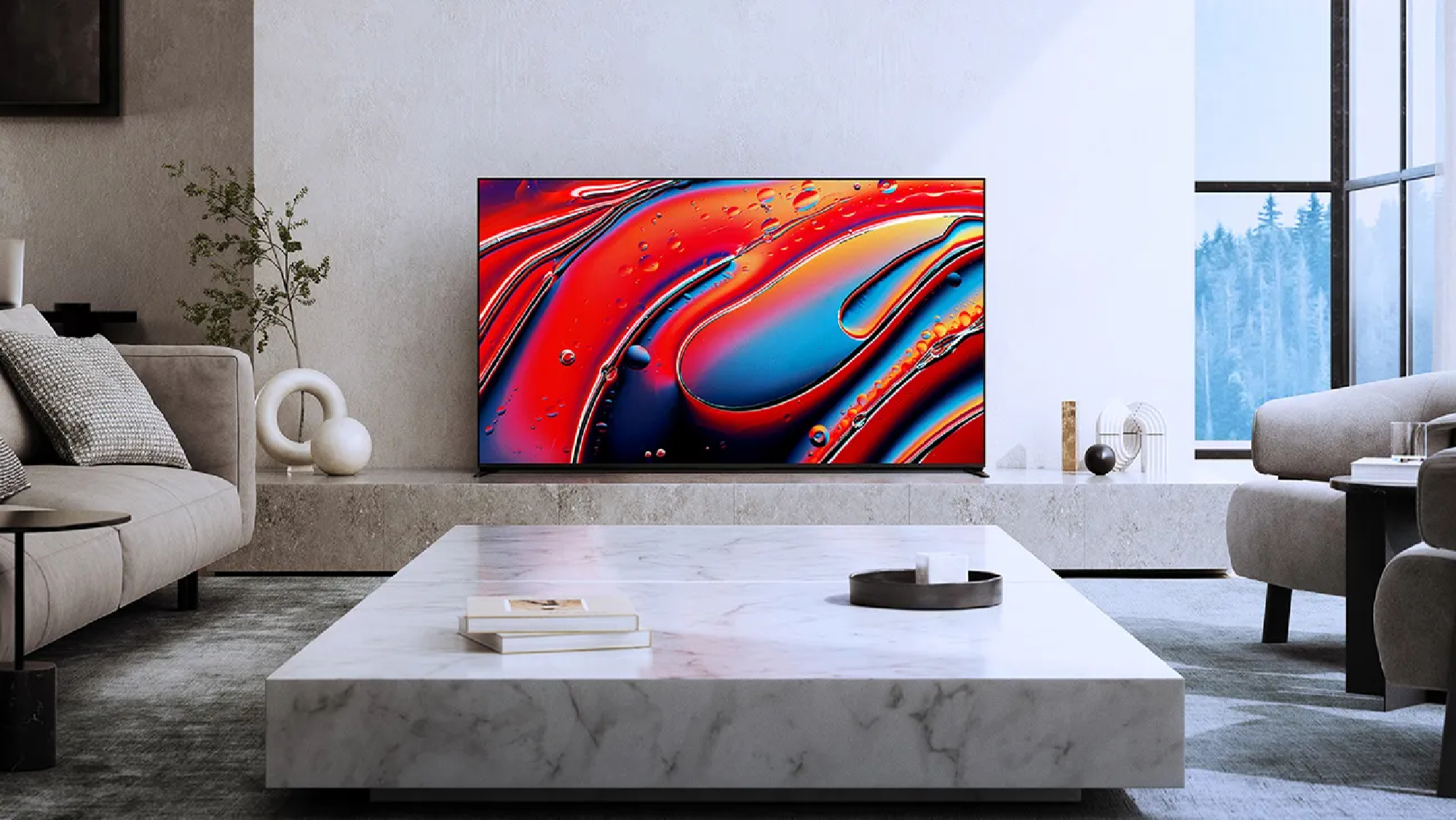
This year interest in Mini LED TVs reached new heights, and Sony is the manufacturer leading that initiative from my perspective. With the debut of the world’s smallest Mini LED modules on the Sony Bravia 9, we saw a significant improvement in how Mini LEDs can outshine even OLED TVs when it comes to bloom-less backlighting and contrast. Having been able to see the Mini LEDs up-close on stripped back units, I could watch them essentially recreate the intended image in the backlight with a level of detail other Mini-LED backlights on the current market simply cannot. Don’t get me wrong — there are very good alternative Mini-LED TVs for less, but none that left as strong as an impression as the Bravia 9.
11. Lenovo's transparent laptop concept
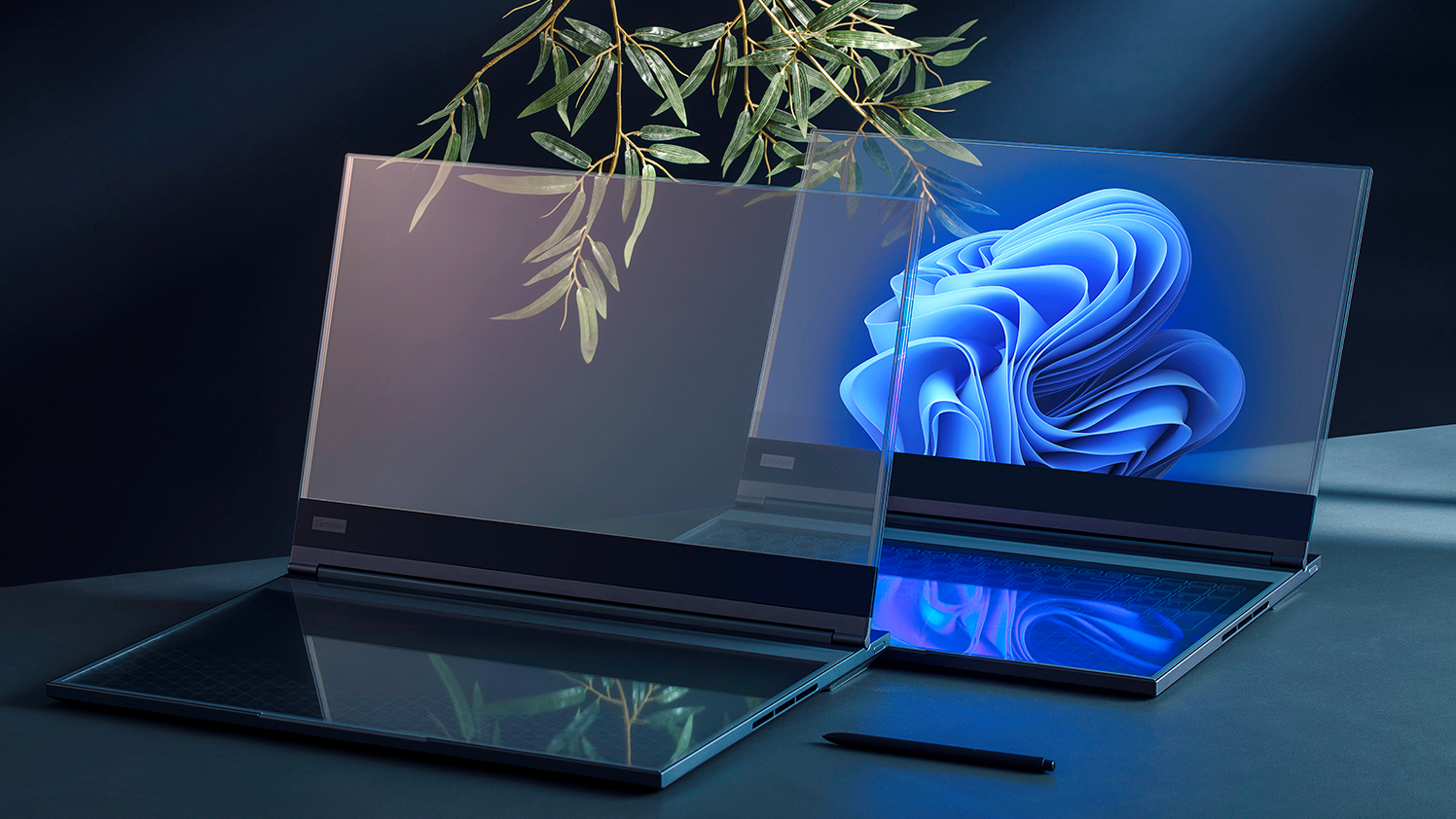
The Lenovo ThinkBook Transparent Display Laptop Concept has a vision for the future as ambitious as the product’s name is long. The 17.3-inch Mini LED display being see-through is insanely cool. It certainly felt futuristic to be able to see the world behind the panel, and also see the screen’s content from behind the laptop itself. By showing off augmented computing that leverages the see-through screen to engage with objects in the real world, this concept poses some intriguing use cases — I thoroughly enjoyed being able to draw potted flowers overlaid on the display, basically having a stencil to follow right in front of me. Lenovo’s rotating laptop concept, although packing a neat party trick, paled in comparison to the possibilities promised by the transparent ThinkBook. Although there may be some privacy concerns to address first…
10. Rabbit R1/Humane AI Pin disaster
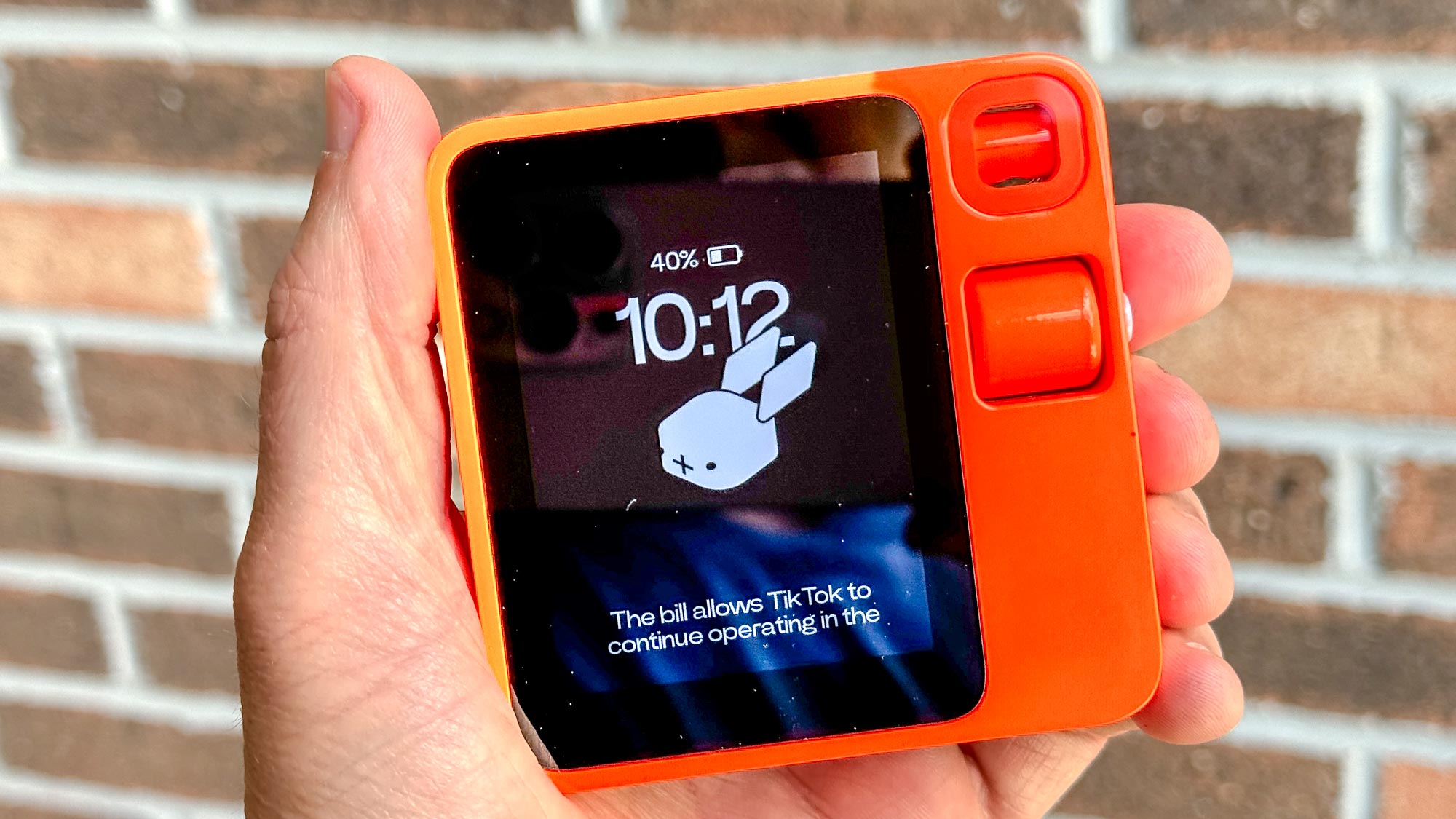
If this were a list of the year’s biggest tech fails, this would 100% be top of our list. That said, in the scope of everything that happened in tech this year, the utter disaster that befell the launches of dedicated AI hardware was a top-ten moment nonetheless. Despite initial enthusiasm for the Humane AI Pin that projected its interface on your hand, and the Rabbit R1 that fit AI into your pocket, both products failed to impress upon availability. Whether it costs $700 or $200, no one should be spending money on products that barely work. Facing record returns and an outpouring of bad reviews, this moment in tech sent a message of warning to other companies experimenting with AI: focus on implementing an effective model inside consumer products that already exist, rather than on developing yet another gadget people don’t need.
9. PlayStation 5 30th Anniversary Edition
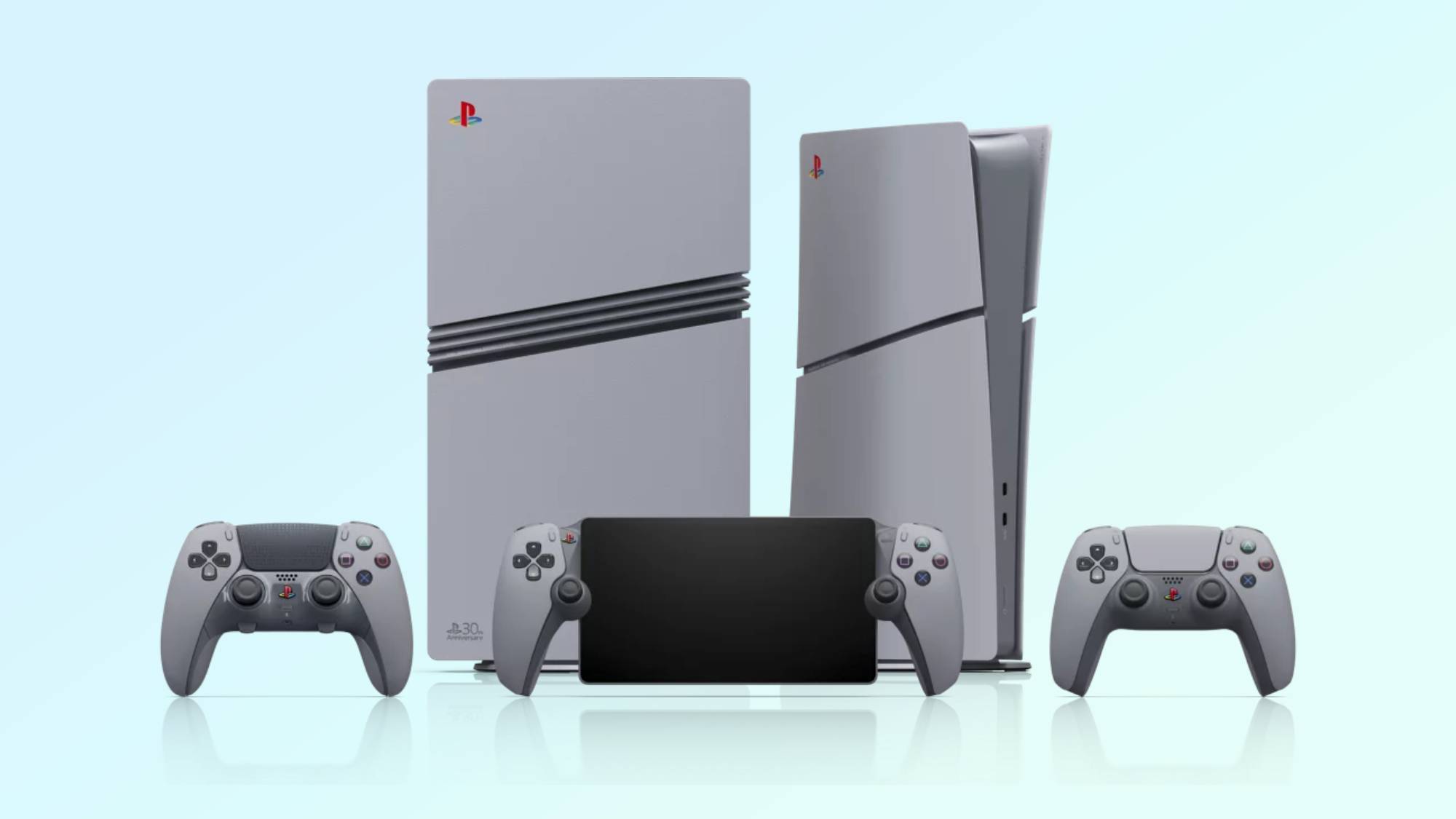
You would think that the launch of the PlayStation 5 Pro would’ve mattered more for these rankings, but it was totally eclipsed by the surprise reveal of a PlayStation 5 30th Anniversary Edition Collection. To quote one of my colleagues: “$700 for a performance-boosted PS5 Pro? Nah, too expensive. But $1,000 for a nostalgic PS5 Pro novelty? Take my money!” It’s exciting for anyone who had an original PlayStation console to see it honored in the modern day, and I think it was a super smart move on Sony’s part to offer the 30th Anniversary Edition Controller as a separate purchase option. Despite some initial (yet totally expected for PlayStation) availability headaches, you can now find the console in stock in all the configurations.
8. AirPods Pro 2 become hearing aids
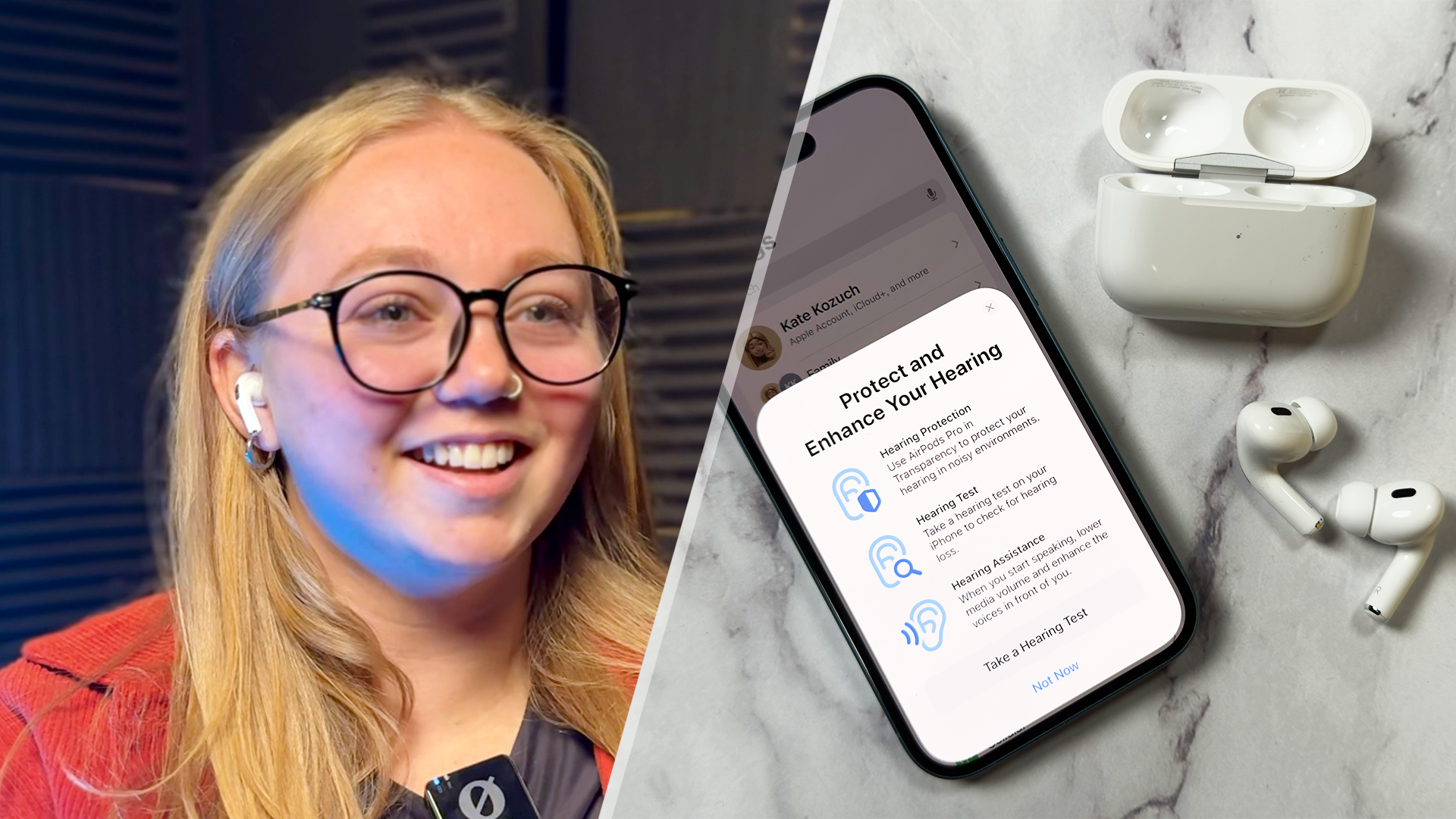
Look, I had to confer with the team for these rankings, but if it were up to me alone, I would put the AirPods Pro 2 gaining hearing aid functionality at the very top of this list. A pair of wireless earbuds that millions of people already own can now be used to administer a hearing test and assist those who have hearing loss engage with the world around them — incredible, right? I enlisted one of my lifelong friends with diagnosed hearing loss to experience the hearing aid feature, and she was impressed by how clearly she could hear me in a noisy coffee shop. Even if health isn’t Apple’s primary focus as a company, this innovation will go down in its history books.
7. Samsung Galaxy AI released…
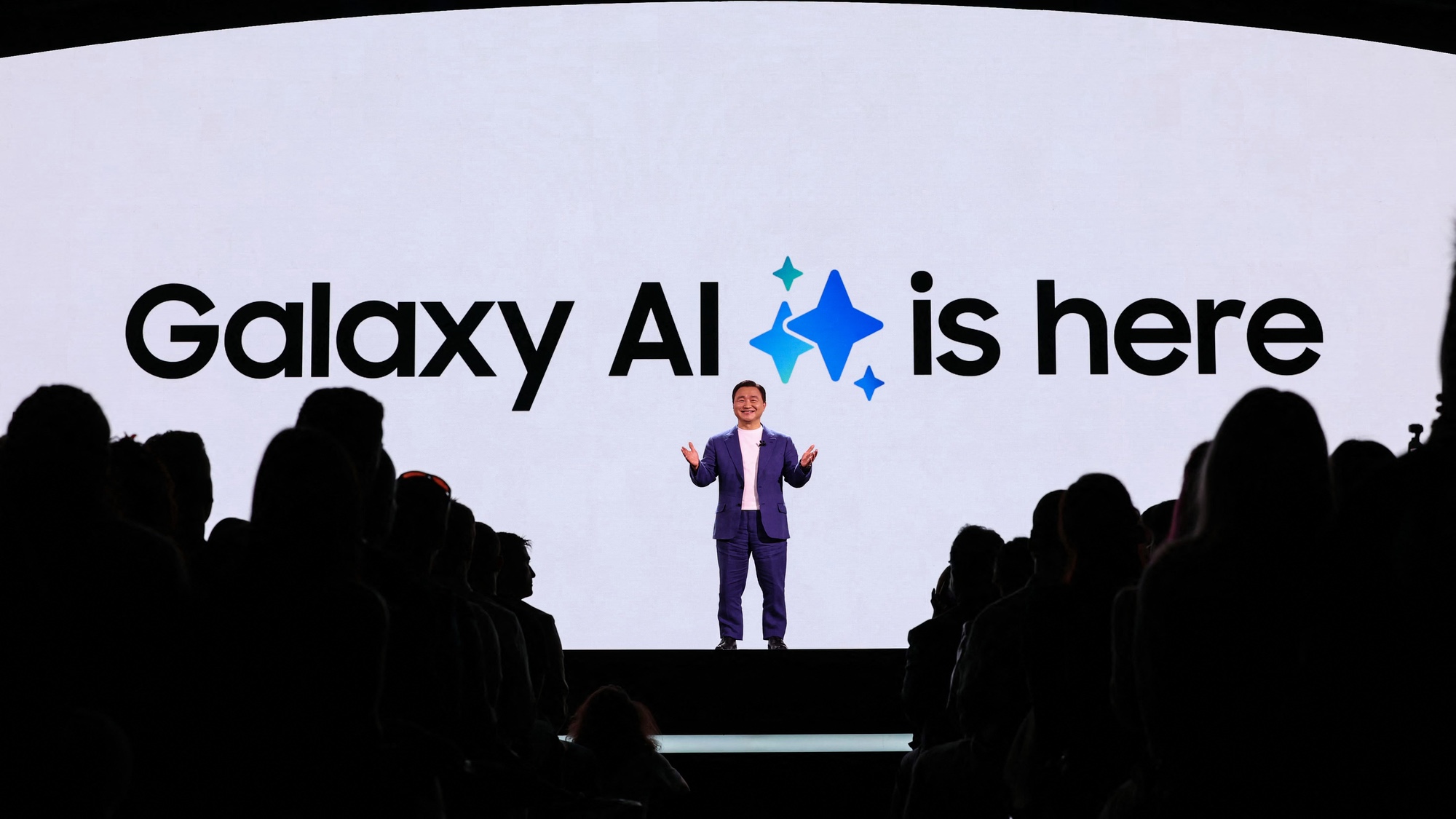
Kicking off the battle of Samsung vs. Apple in the era of AI-powered smartphones, Galaxy AI debuted alongside the Galaxy S24 series during 2024’s first Unpacked event. In collaboration with Google, Circle to Search is a key experience on the Galaxy S24 series that lets users easily search without closing or switching apps. AI Live Translate Call joined the calling app so that when you ring someone who speaks another language, both audio and text translations will appear in real time. The photos app gained an impressive number of new tricks later in the year with the Galaxy Z Fold 6 and Galaxy Z Flip 6 launch, too. But perhaps most importantly, Samsung has made a concerted effort to extend Galaxy AI access to users with older devices and even mid-range phones. Can Apple say the same?
6. … and Apple Intelligence unleashed
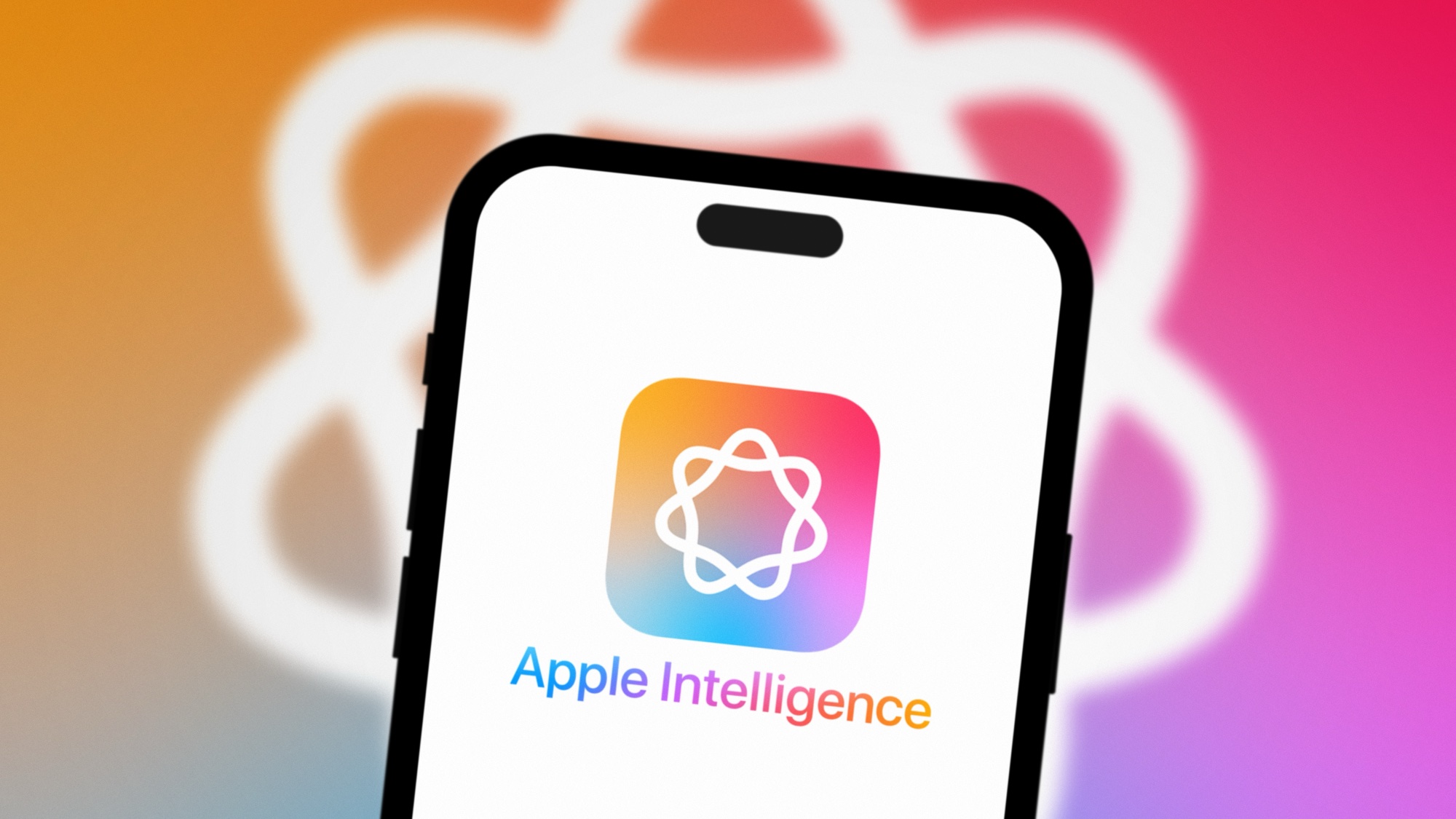
In response, Apple Intelligence arrived alongside the iPhone 16 series following an exciting WWDC 2024 reveal. Although feature access is limited to the current generation phones and last year’s iPhone 15 Pro devices, Apple Intelligence is the biggest overall change to the iOS experience in years. What’s more, it extends seamlessly to Mac and iPad, creating game-changing experiences with Writing Tools, the Photos app, and a smarter Siri than ever before. There’s undoubtedly more work to be done for integrated AI on Apple devices, but Apple Intelligence has made a strong start and has the popularity of the iPhone to lean on. The partnership with OpenAI to merge ChatGPT functionality with Siri is also something to keep a close eye on going into the new year.
5. Meta Orion wows!
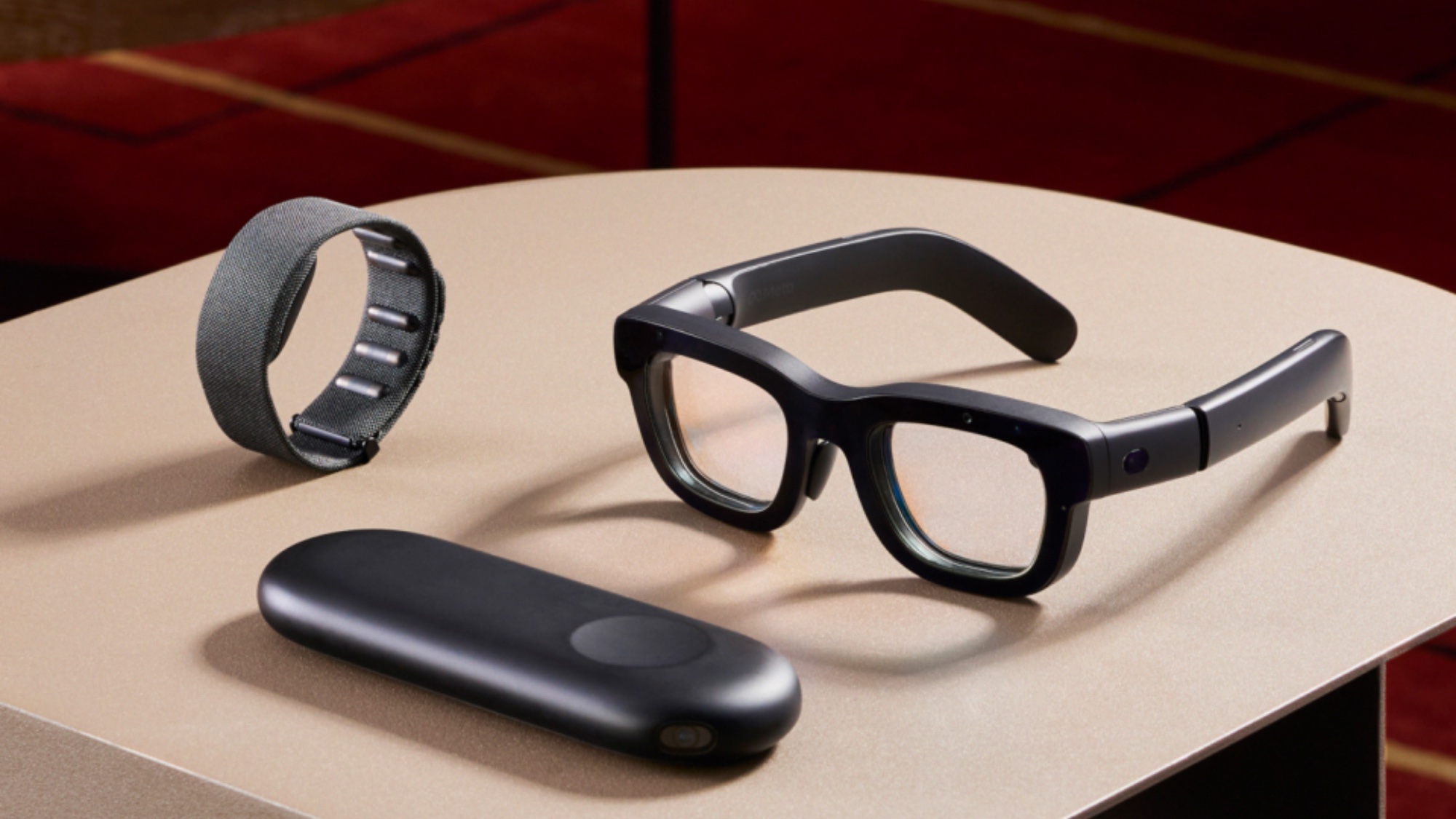
While it was a good year of momentum for the Ray-Ban Meta Smart Glasses that play music, capture content, and run Meta AI, we at Tom’s Guide can’t stop thinking about Meta Orion. Demonstrated during Meta Connect 2024, the Orion AR glasses concept achieves something few other mixed reality headgear devices have been able to do. I mean, just check out this feedback from my colleague who went hands-on with Meta Orion tried it: “This is the first time in a long time that I've slipped on this kind of device and didn't start the mental countdown on how long it would be before I could take it off.” From playing ping-pong to following a recipe into the kitchen to multitasking between apps, Orion is a strong showing for what Meta has planned in the consumer space. Although the glasses might still look pretty chunky, reports point to some kind of hybrid between them and what we now have in the co-branded Ray-Ban glasses arriving as soon as 2025. Think the current Ray-Ban Meta with a display.
4. The smart ring’s revolution
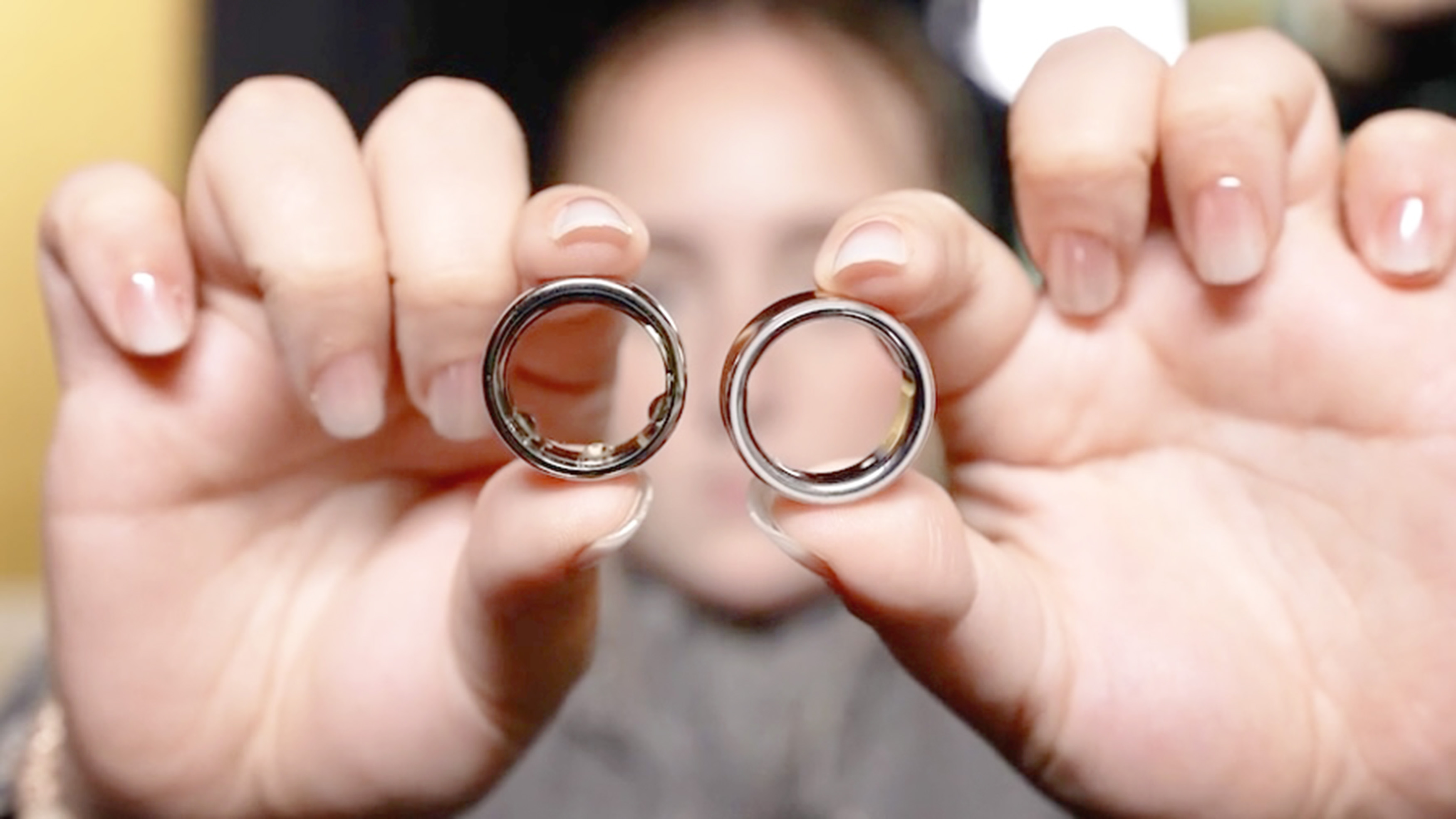
This year was, indisputably, the year of the smart ring. No longer is Oura Ring the only option shoppers can buy — in fact, our guide to the best smart rings explains all the different companies that have thrown their hats into the smart ring arena. The most notable new entry is the Samsung Galaxy Ring, which not only sold out in days, but introduced some interesting functionality we haven’t seen for a smart ring before, too. Ingrained with Samsung Health and membership-free, it’s no wonder it’s one of this year’s biggest product launches. It’s too bad for Samsung that Oura stole back attention with the long-awaited launch of Oura Ring 4, which quickly became my favorite daily device. The bigger story to pay attention to, however, is that we’re at the point where smart rings are nearly as capable as some smartwatches in a more discreet, longer-lasting form factor. I wonder how smart ring makers can raise the stakes, and how other fitness-tracking wearable devices will respond to the smart ring’s revolution.
3. The AI voice war is on
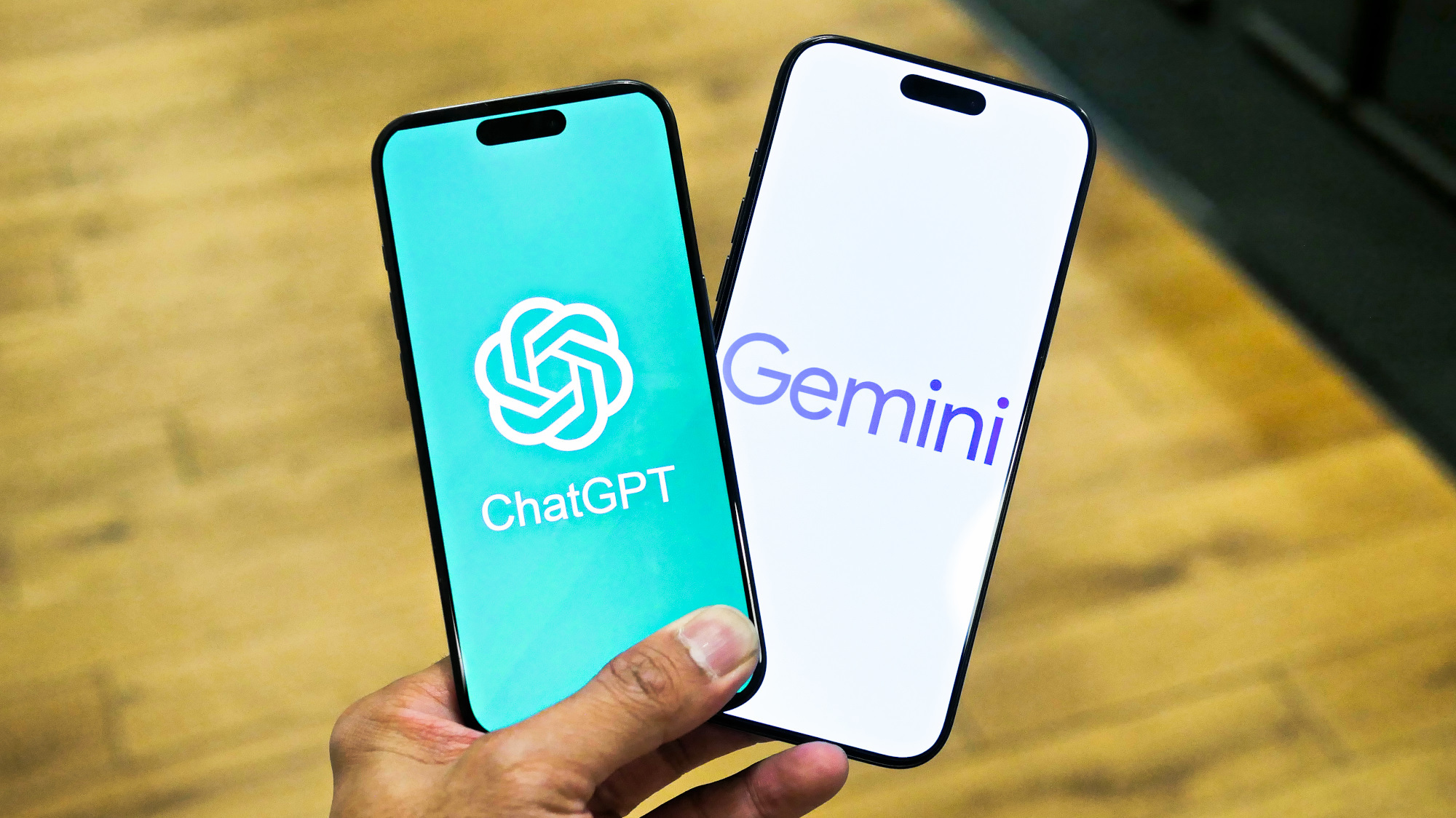
The race to the ultimate AI voice assistant is on, and it’s certainly one of the key areas where we expect to see innovation as we carry into 2025. But reflecting on 2024, we saw the pivotal launch of ChatGPT Advanced Voice speech-to-speech capabilities, and it blew away our AI editor’s expectations. Meta AI voice similarly impressed, although it still uses text conversion to compute responses. We also witnessed improvements to the free version of Gemini Live Voice mode, giving Android users hands-free ways to explore ideas, brainstorm, and talk through topics in real-time. Siri (finally) gained contextual awareness, too, but it is nowhere near as advanced or conversational as ChatGPT or Gemini Live. Between more realistic voices, more natural-feeling conversation flows, and more bandwidth for complex queries, voice-based AI is making a very convincing case.
2. Apple Vision Pro whirlwind-sorta-flop
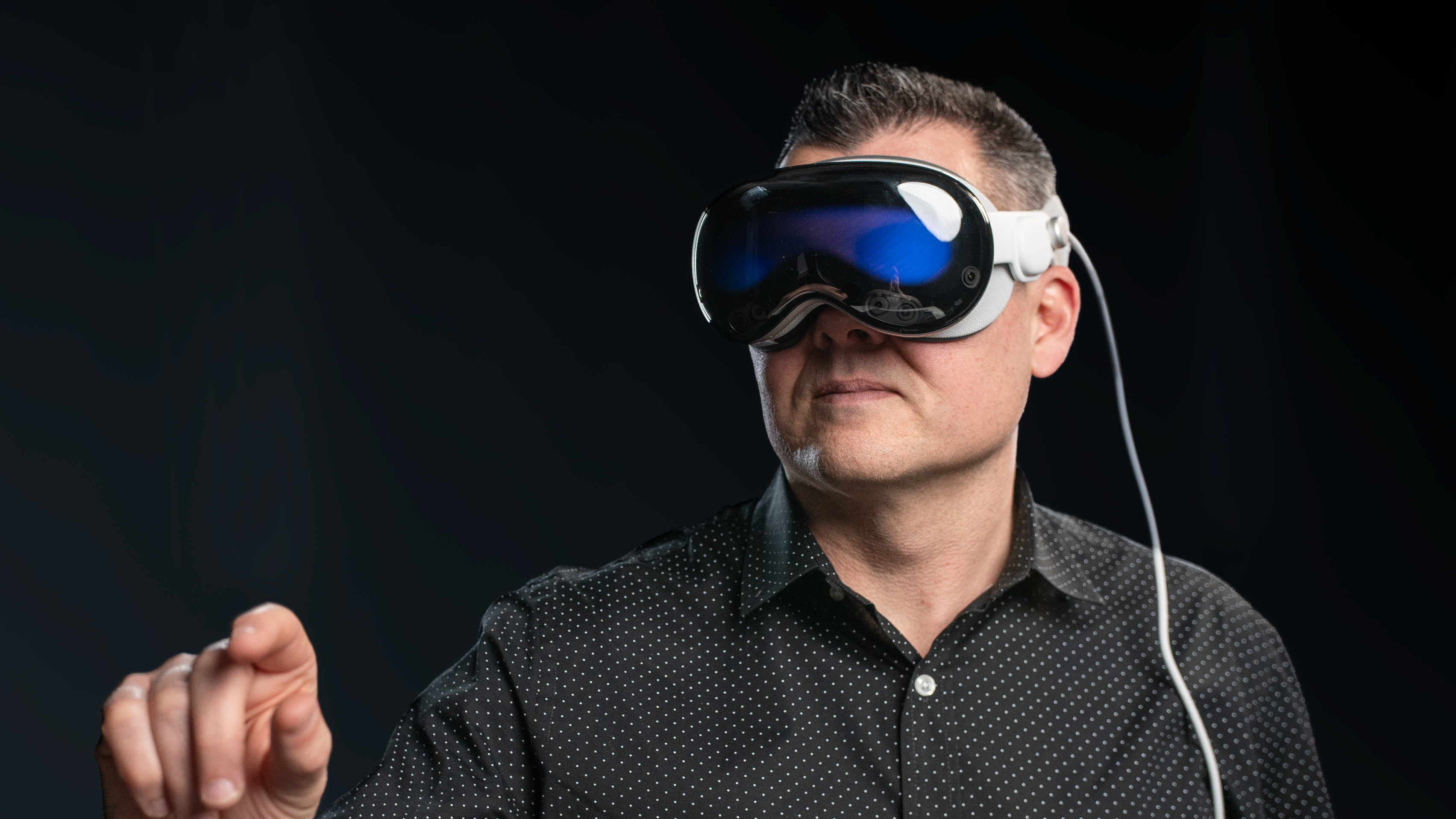
At this rate, the release of Apple Vision Pro feels like eons ago. But no, it was in February of 2024 when Apple’s ambitious $3,500 mixed reality headset hit stores. And it wasn’t too long after that the news broke of slowing shipments and higher-than-average returns. Anyone from Tom’s Guide who has tried Apple Vision Pro agrees it’s an amazing innovation — our global editor-in-chief raves about the Mac Virtual Display feature, while I appreciated having a private theater for my favorite Star Wars movies on an international flight. But the high price hasn’t gotten easier to swallow, even with the launch of visionOS 2 that brought an even larger virtual display and more options to customize the user experience. I would argue that everyone should taste the Vision Pro hype at least once (you can book a free demo at the Apple Store) to see why the tech enthusiasts are impressed. Realistically, though, we’re going to need a cheaper Apple Vision Pro in 2025 if such a device has any chance at going mainstream.
1. Sora brings AI video to life

Topping our list of 2024’s biggest tech innovations is yet another AI-related entry, but who’s surprised? In a year that there was such a swell of AI news it was practically being shoved down our throats, there’s one product that managed to blow our collective minds: Sora, OpenAI’s video creation model. Now available to ChatGPT Plus and ChatGPT Pro subscribers, Sora translates written prompts into 3-to-5 seconds videos. Theoretically, these little videos can be strung together to create longer, multi-minute visualizations with a cohesive story line. While it’s incredibly cool to experiment with a tool that generates ideas from your head into actual clips quickly (about 5 minutes in our tests), there’s room for improvement. Still, if there’s one thing from our lengthy list we’d suggest you try out yourself, it’s this. LLMs are so last year, after all. Here’s how to try Sora now.







